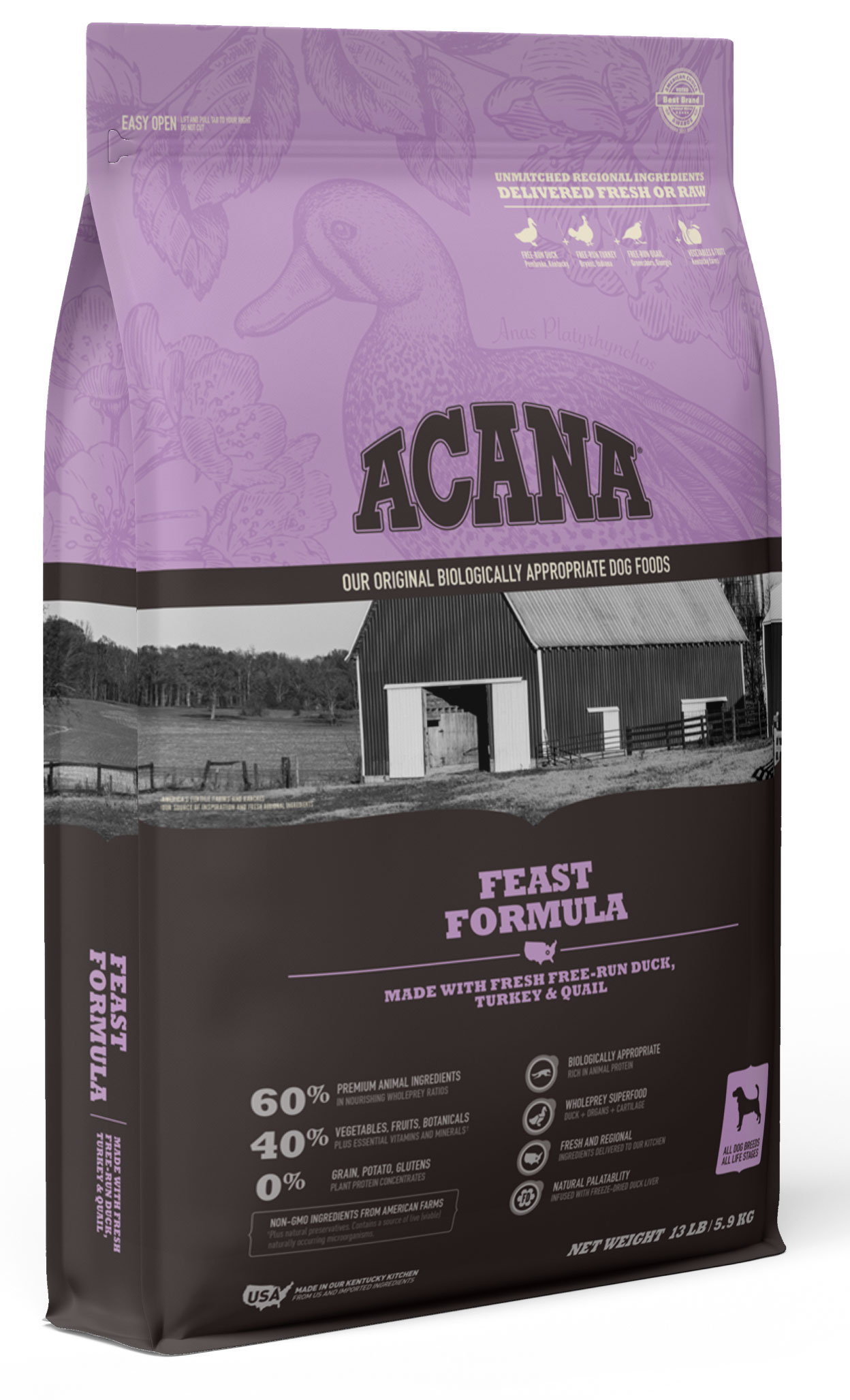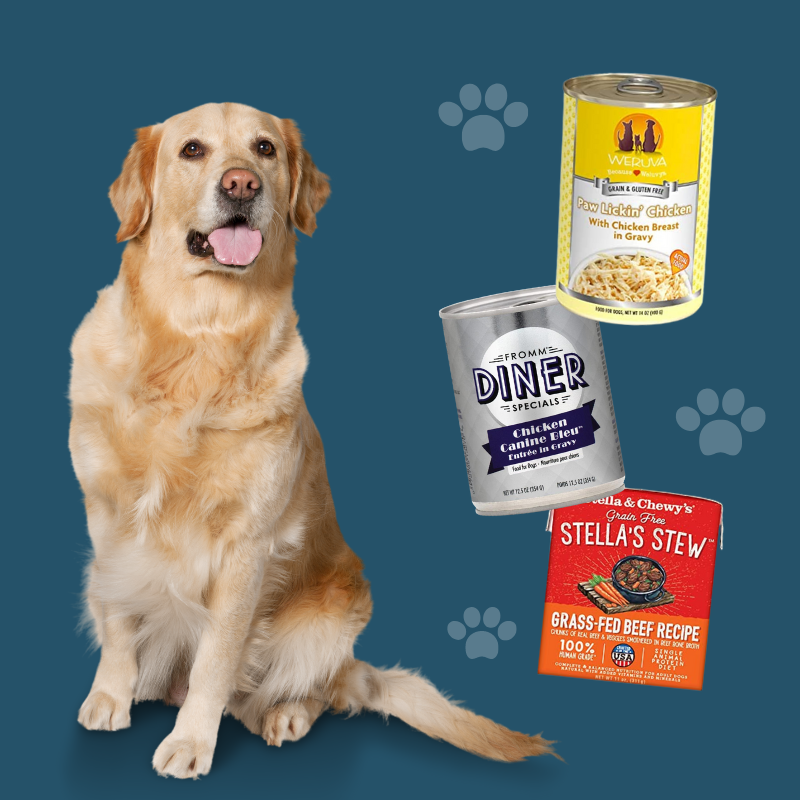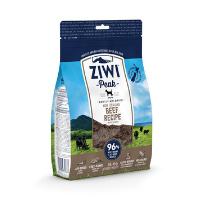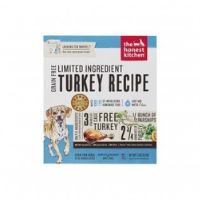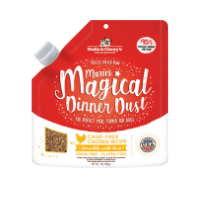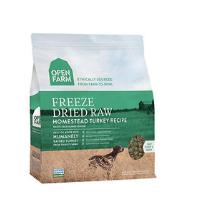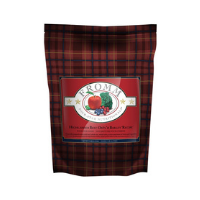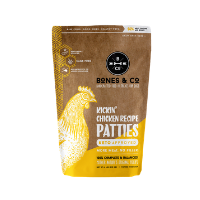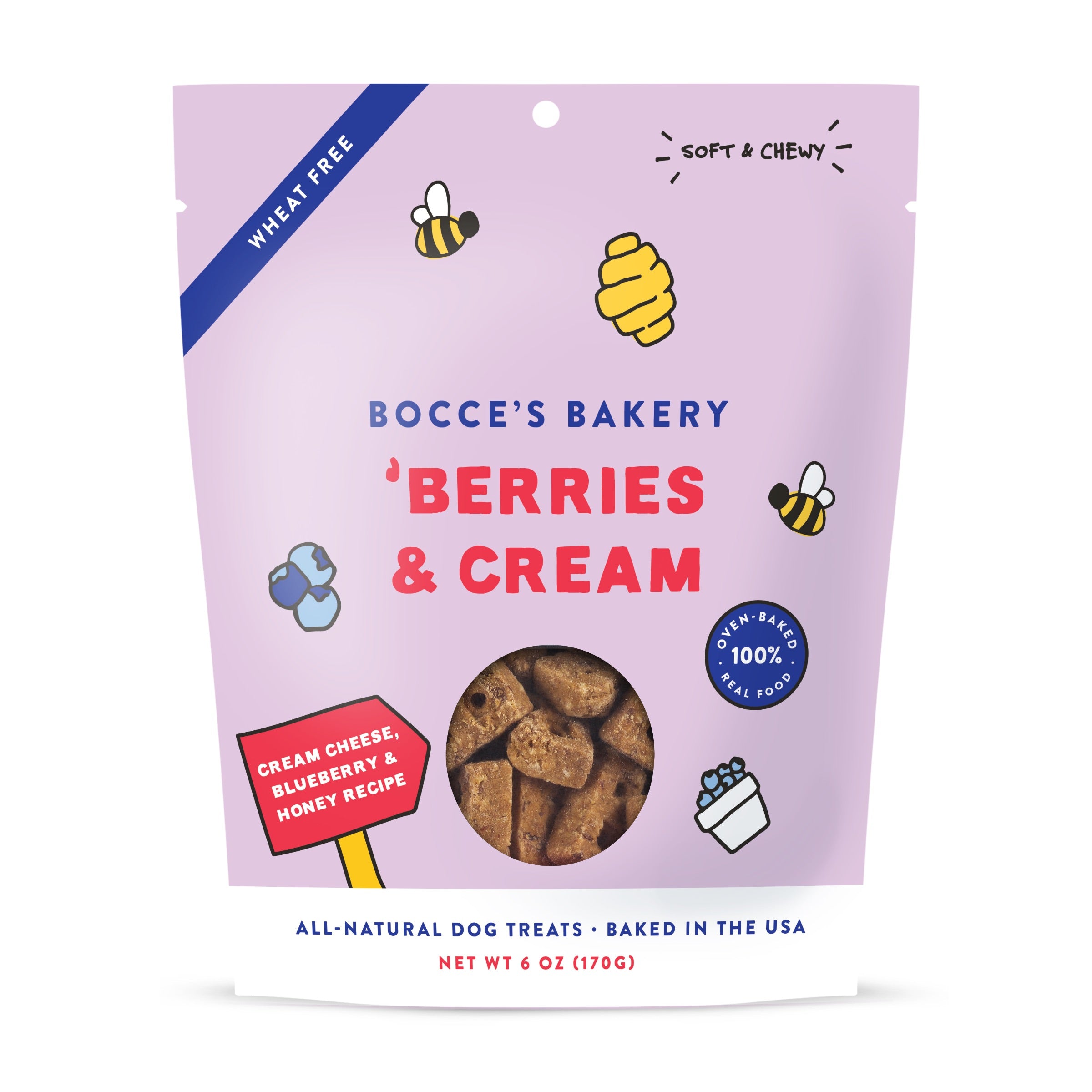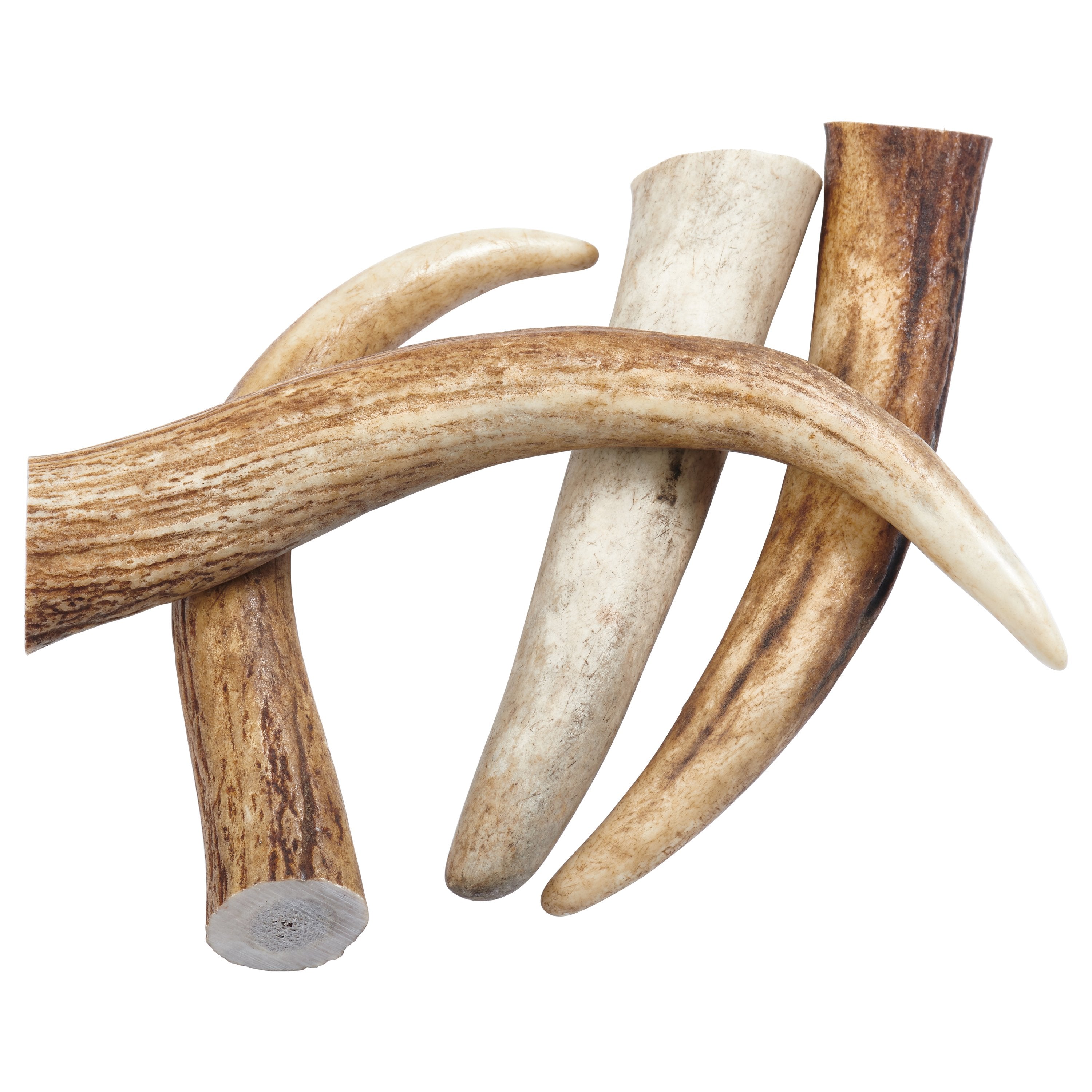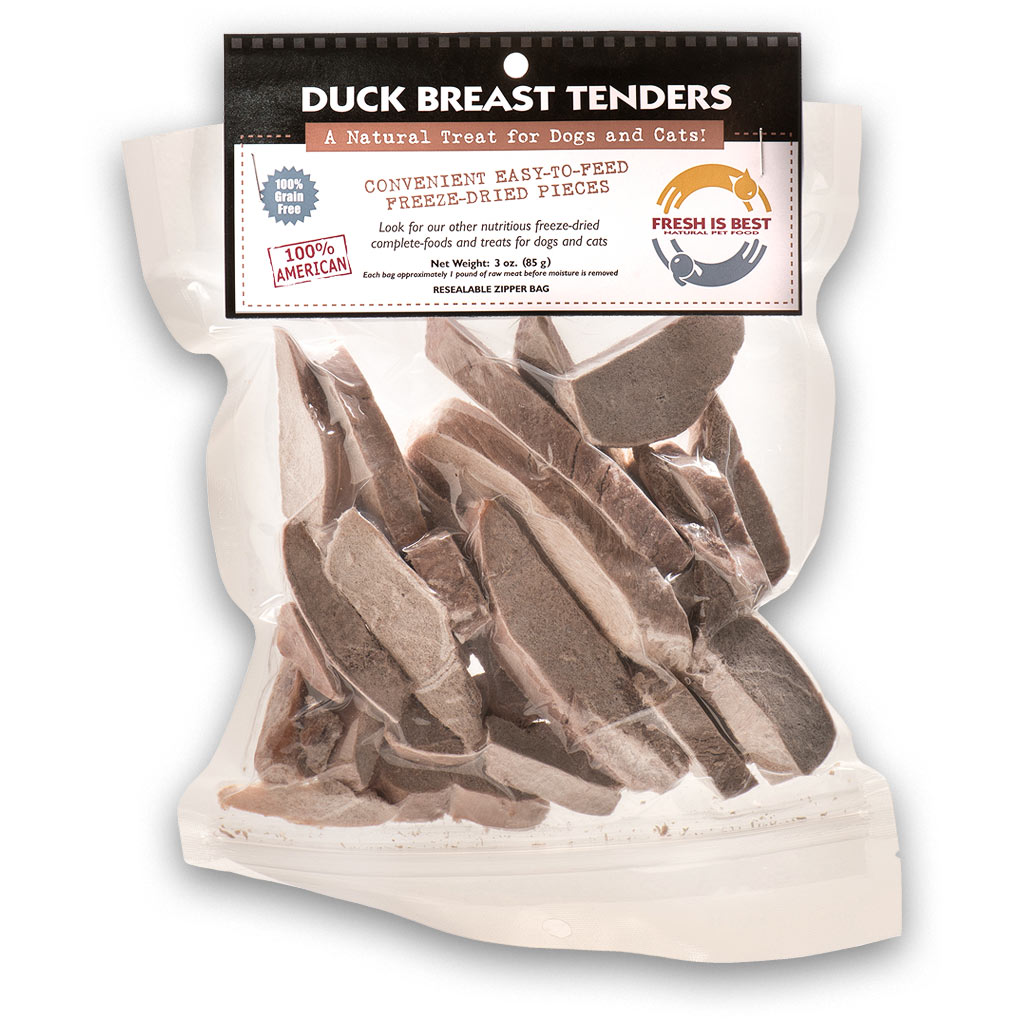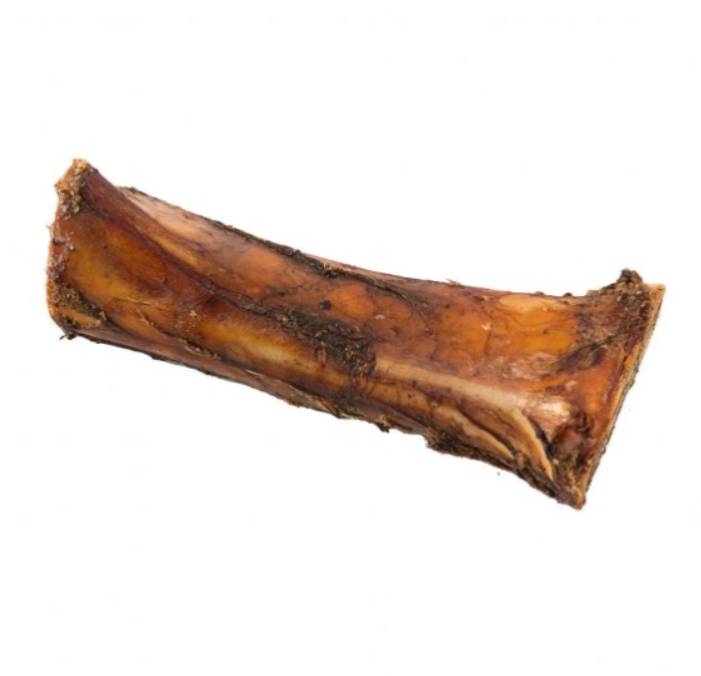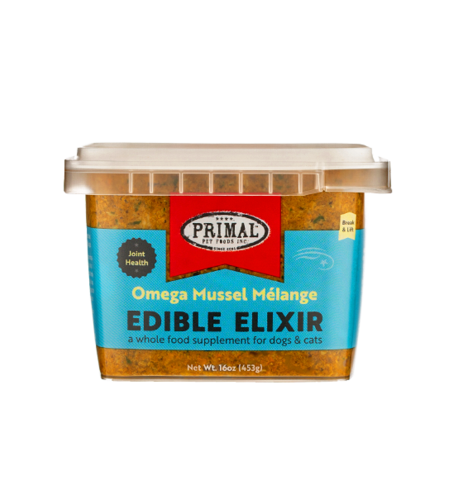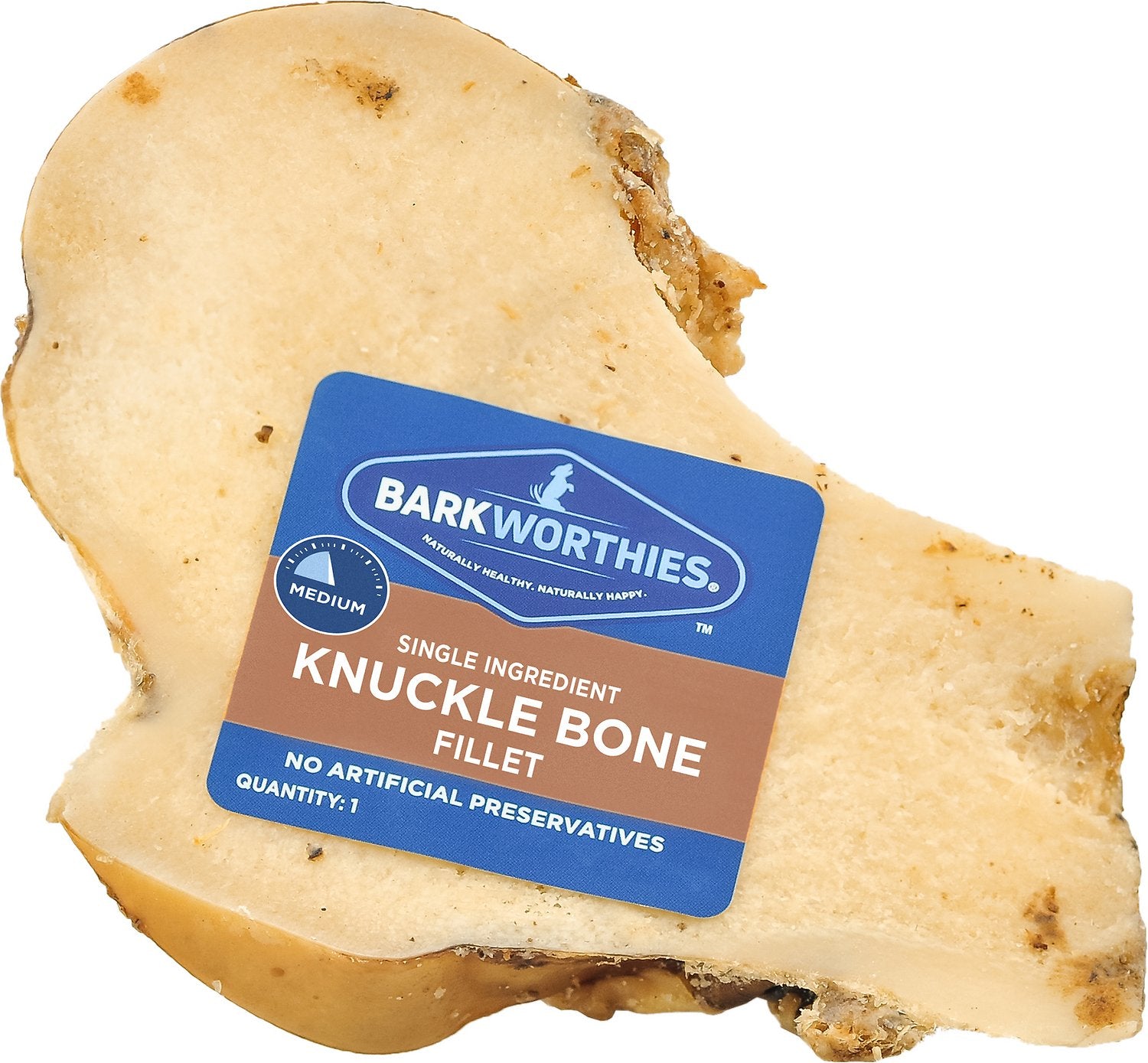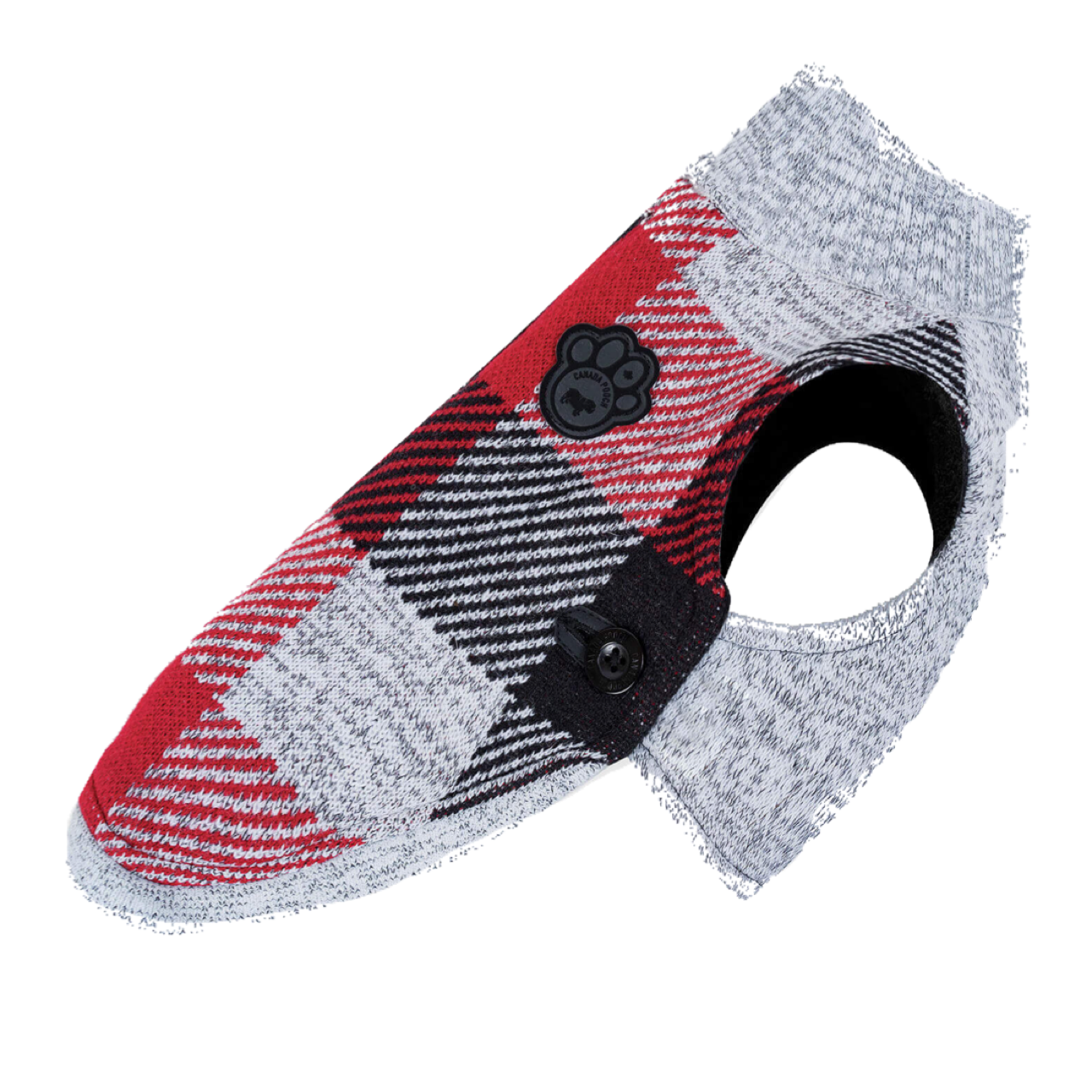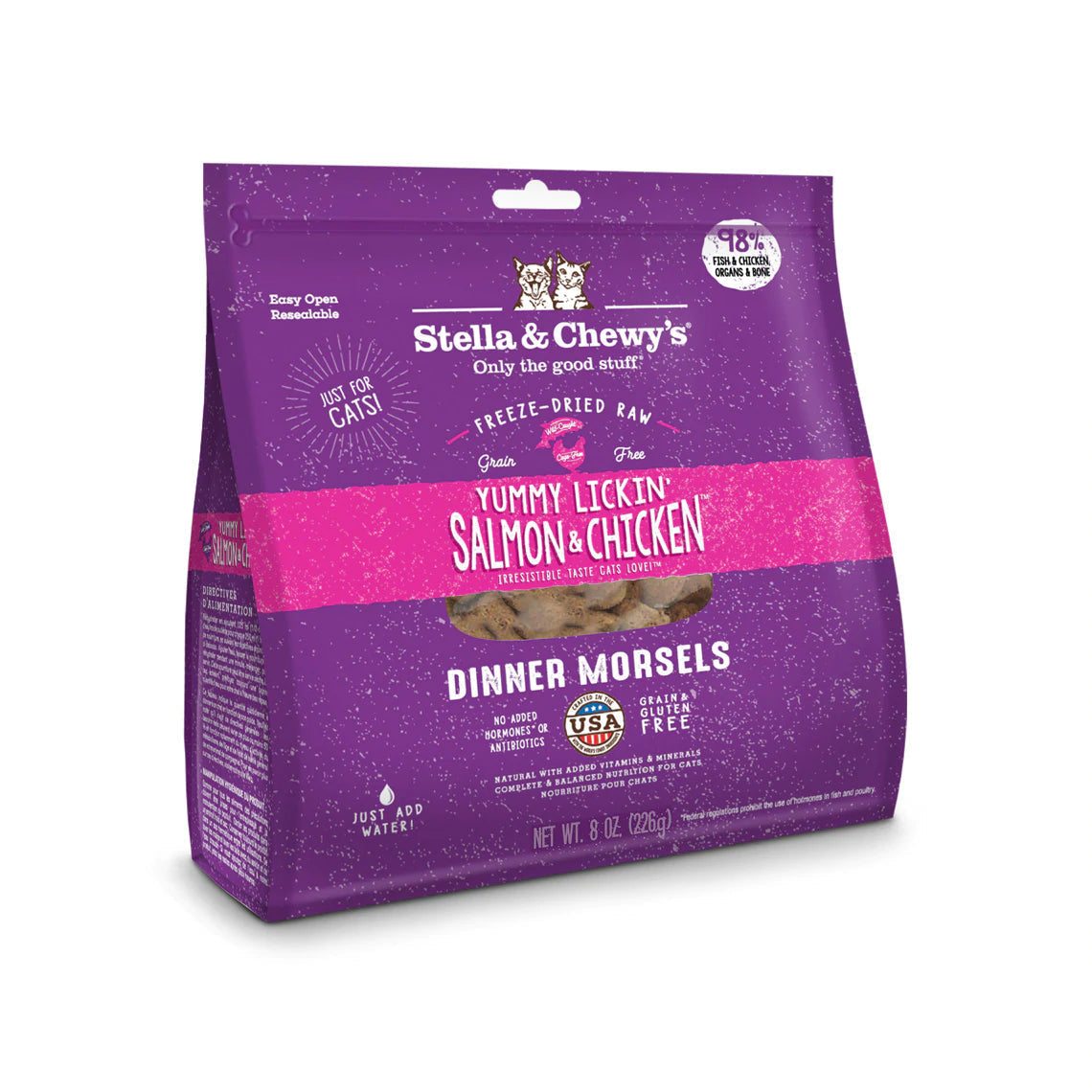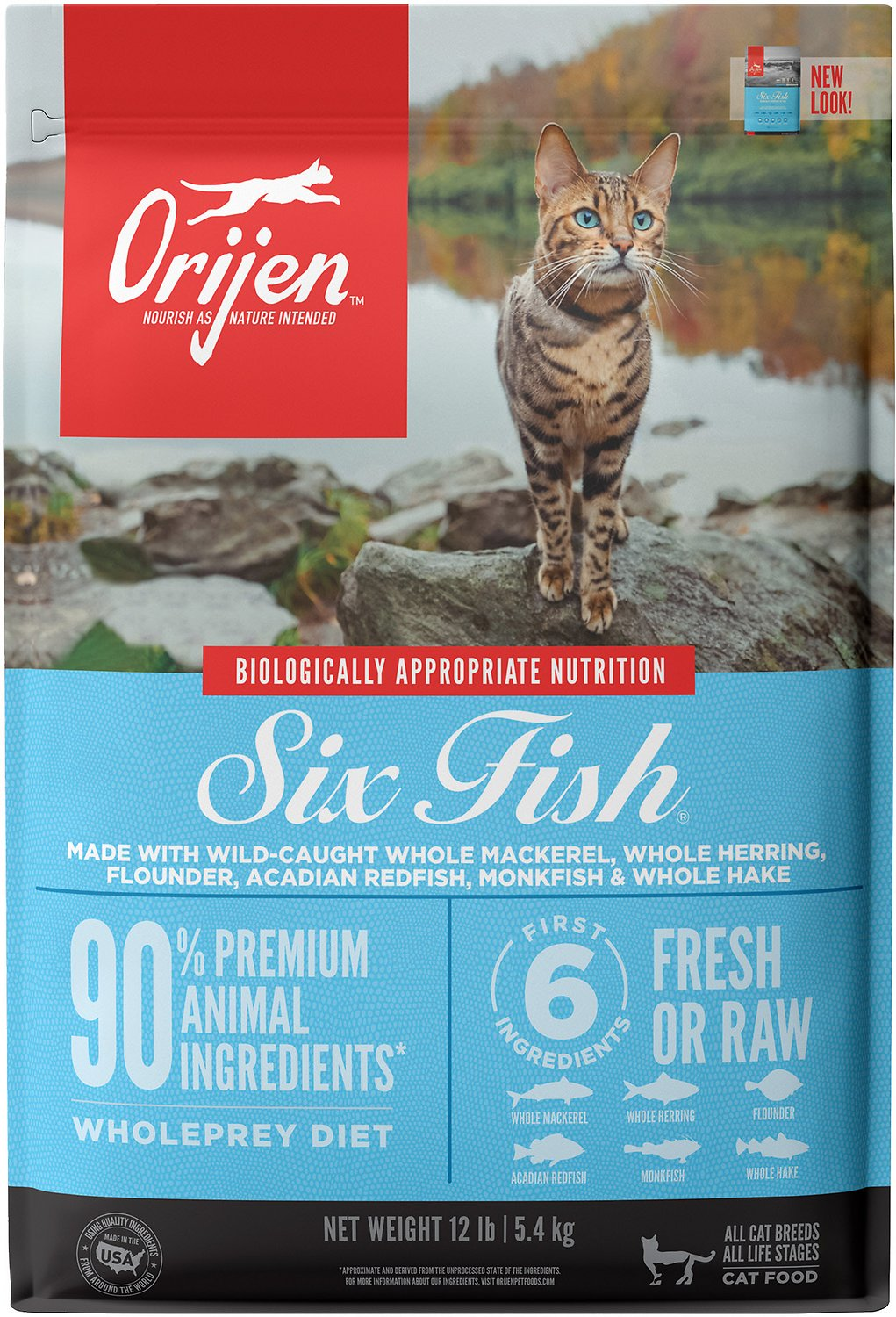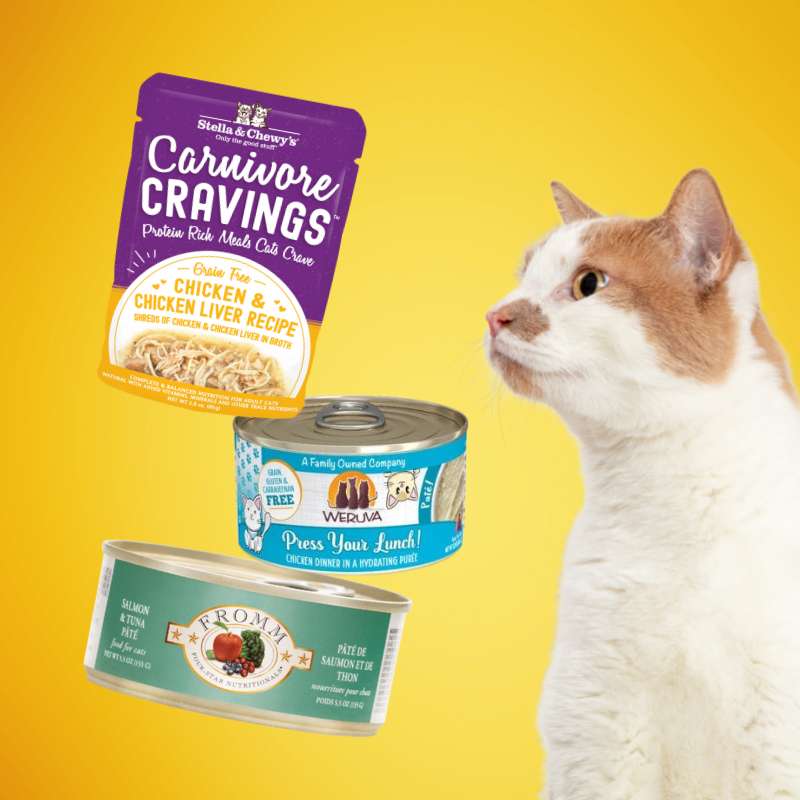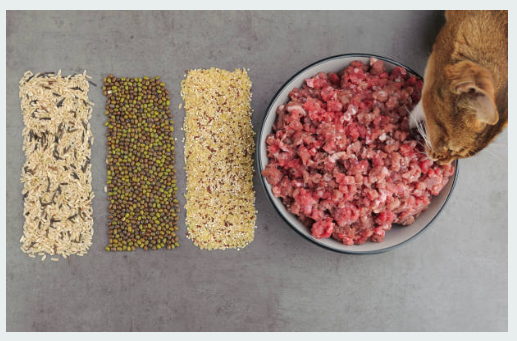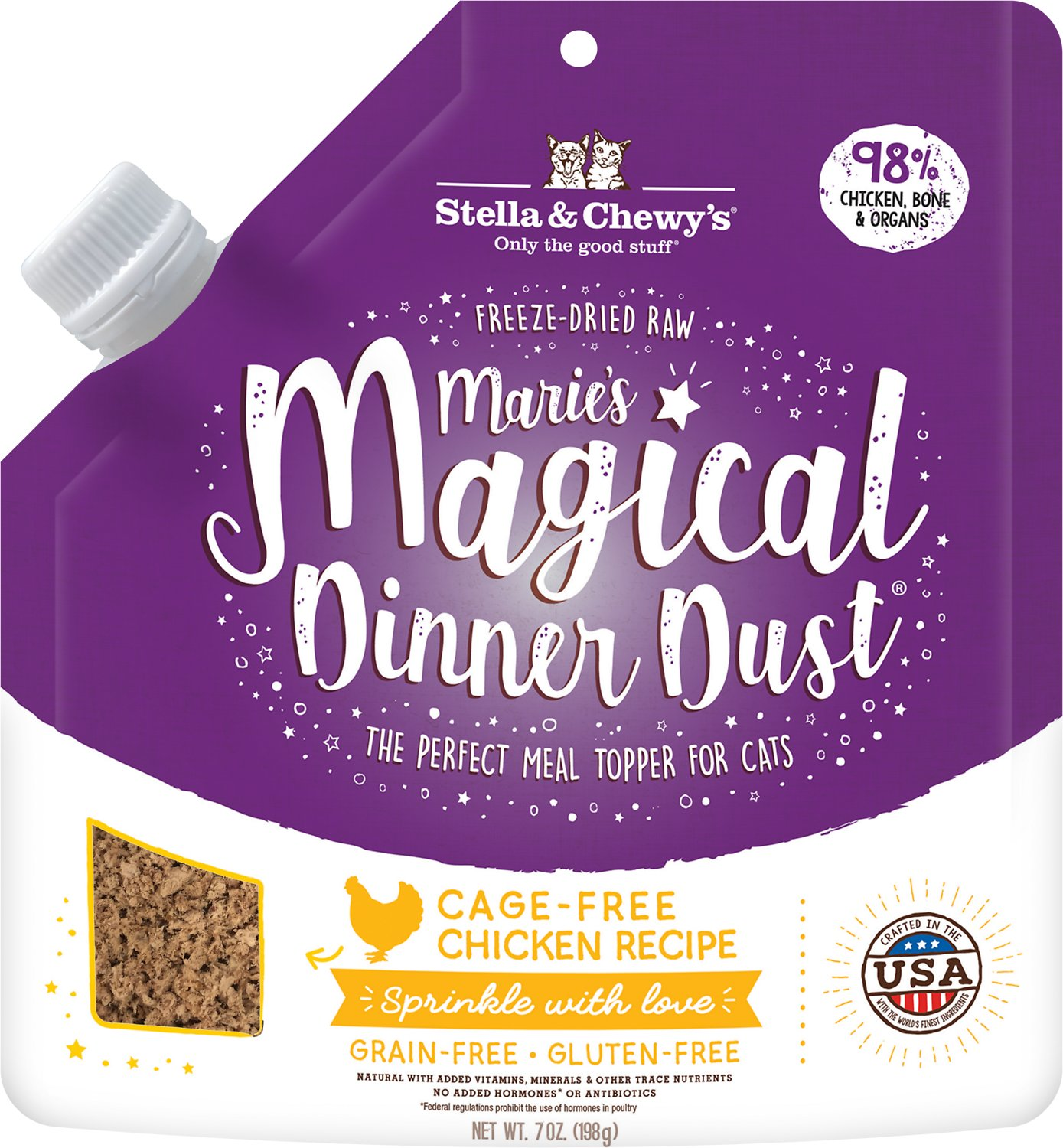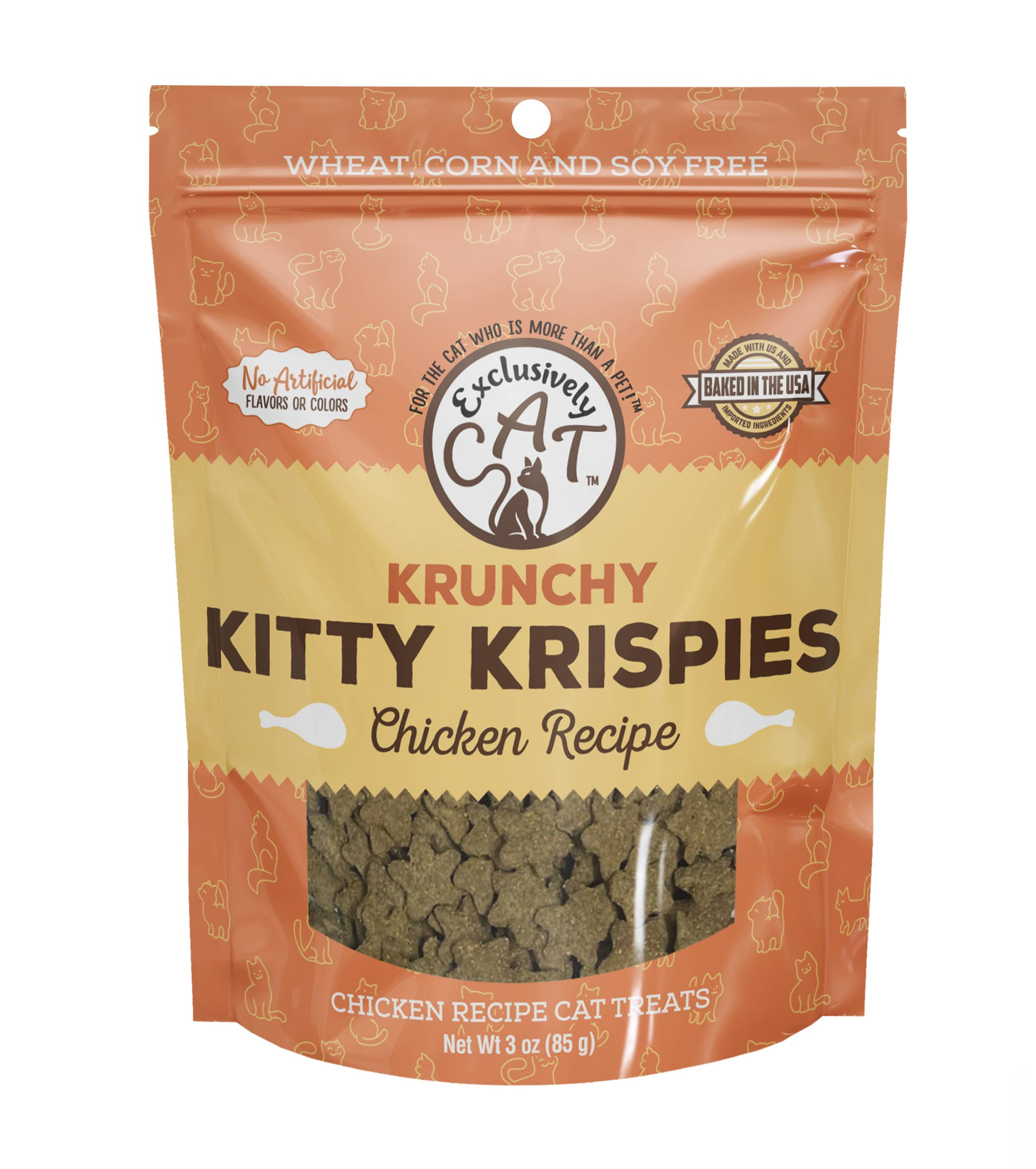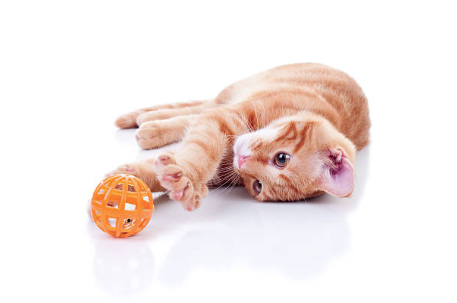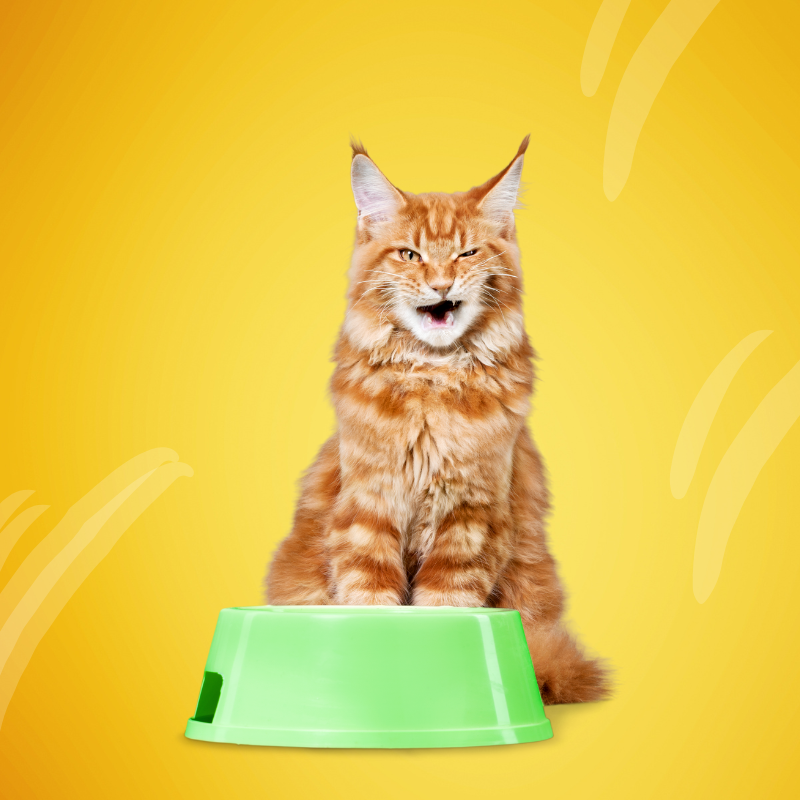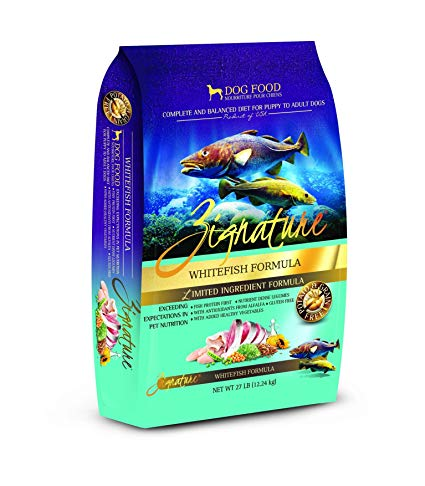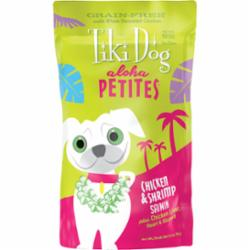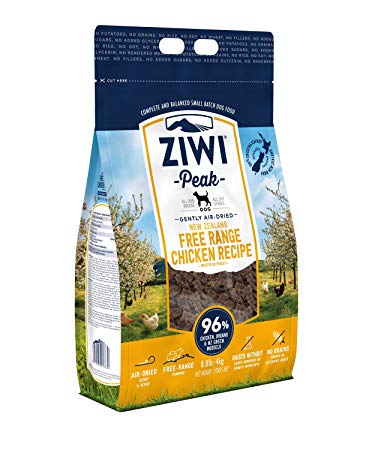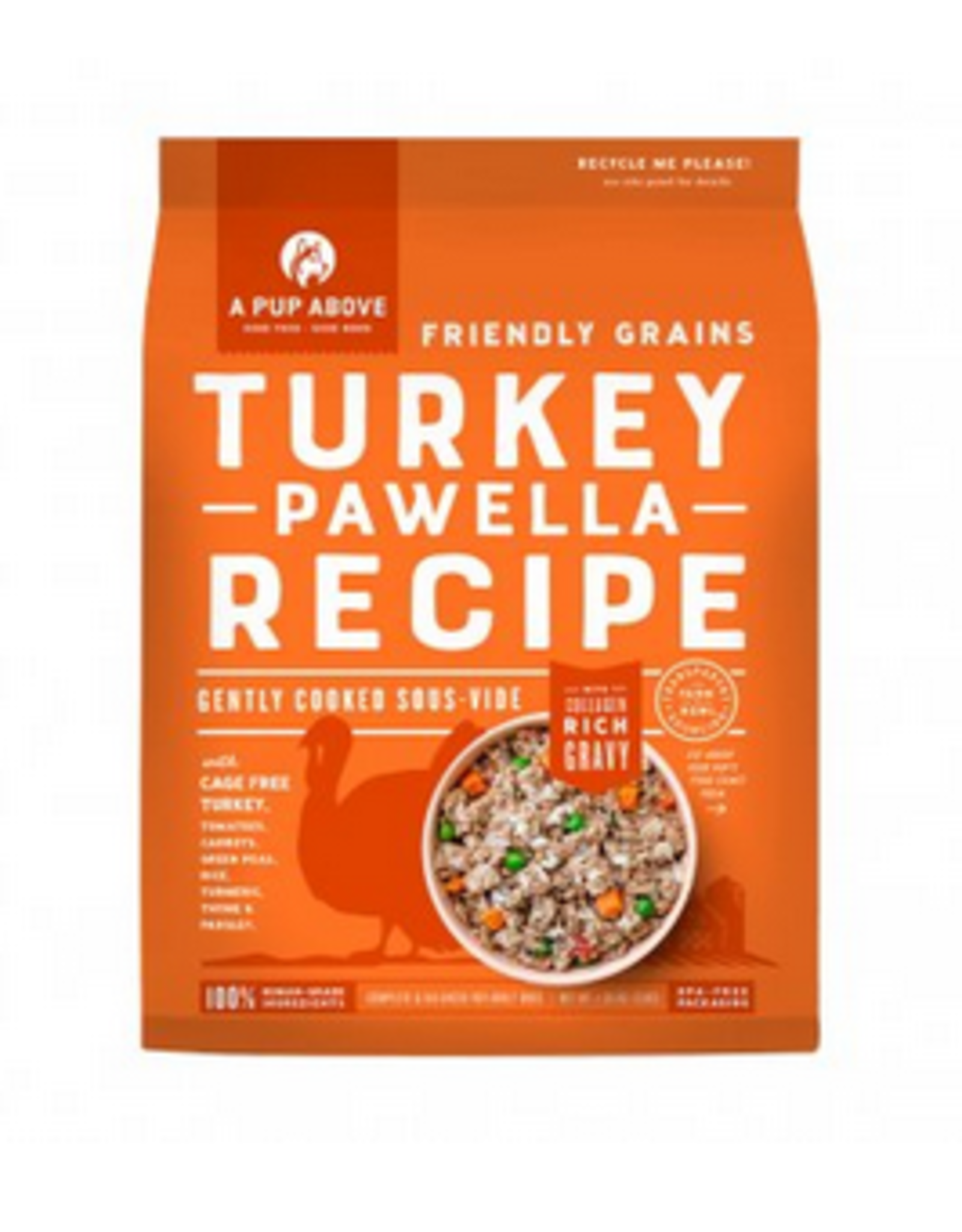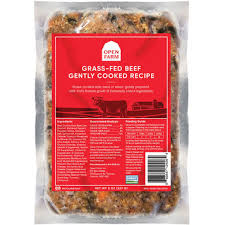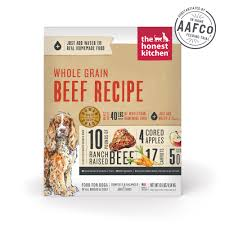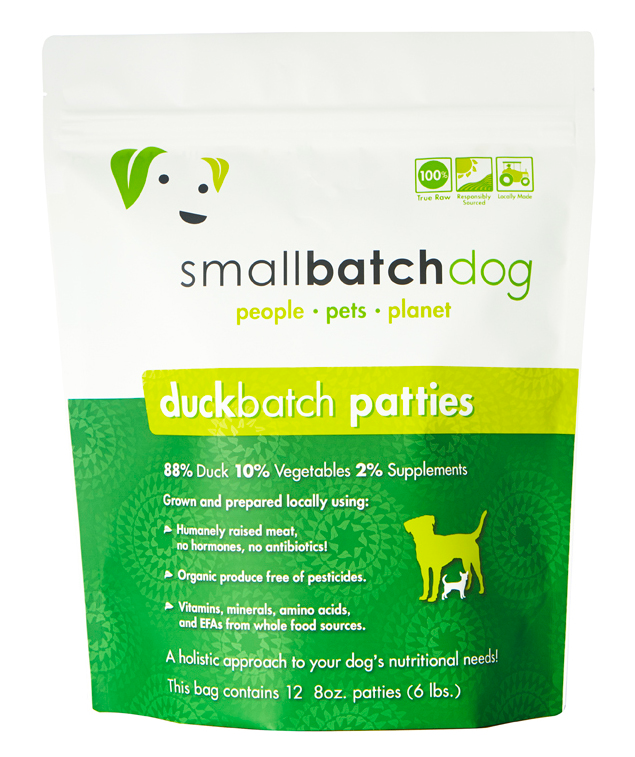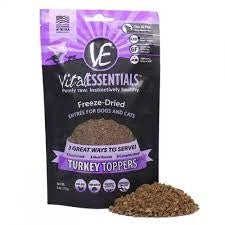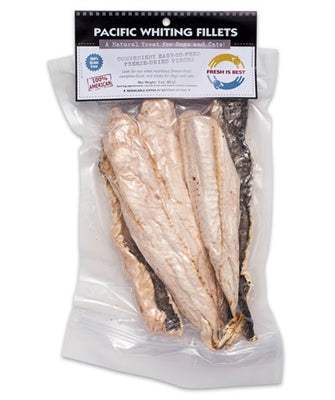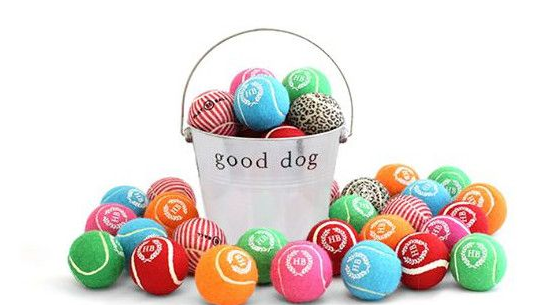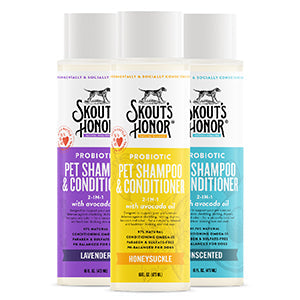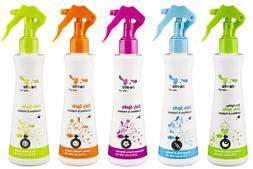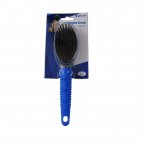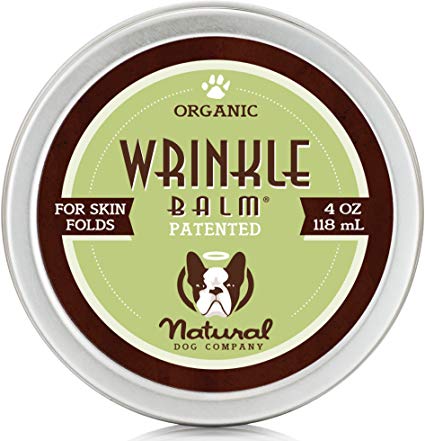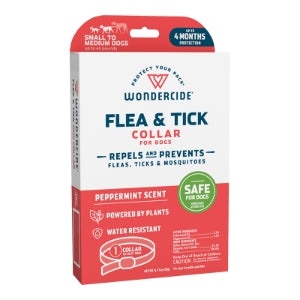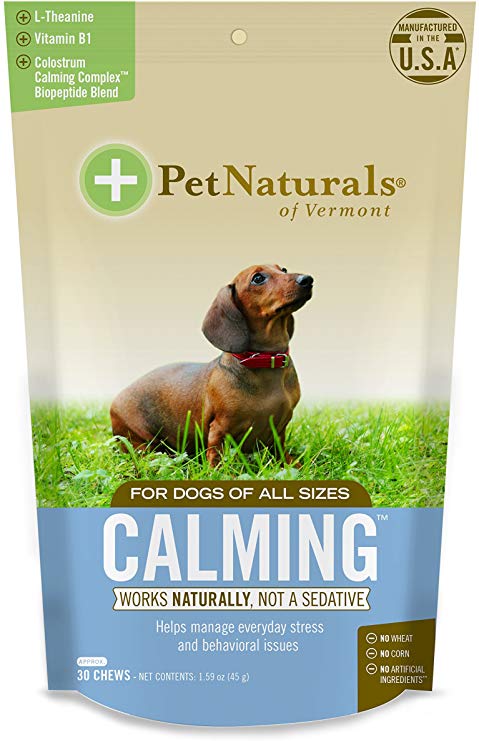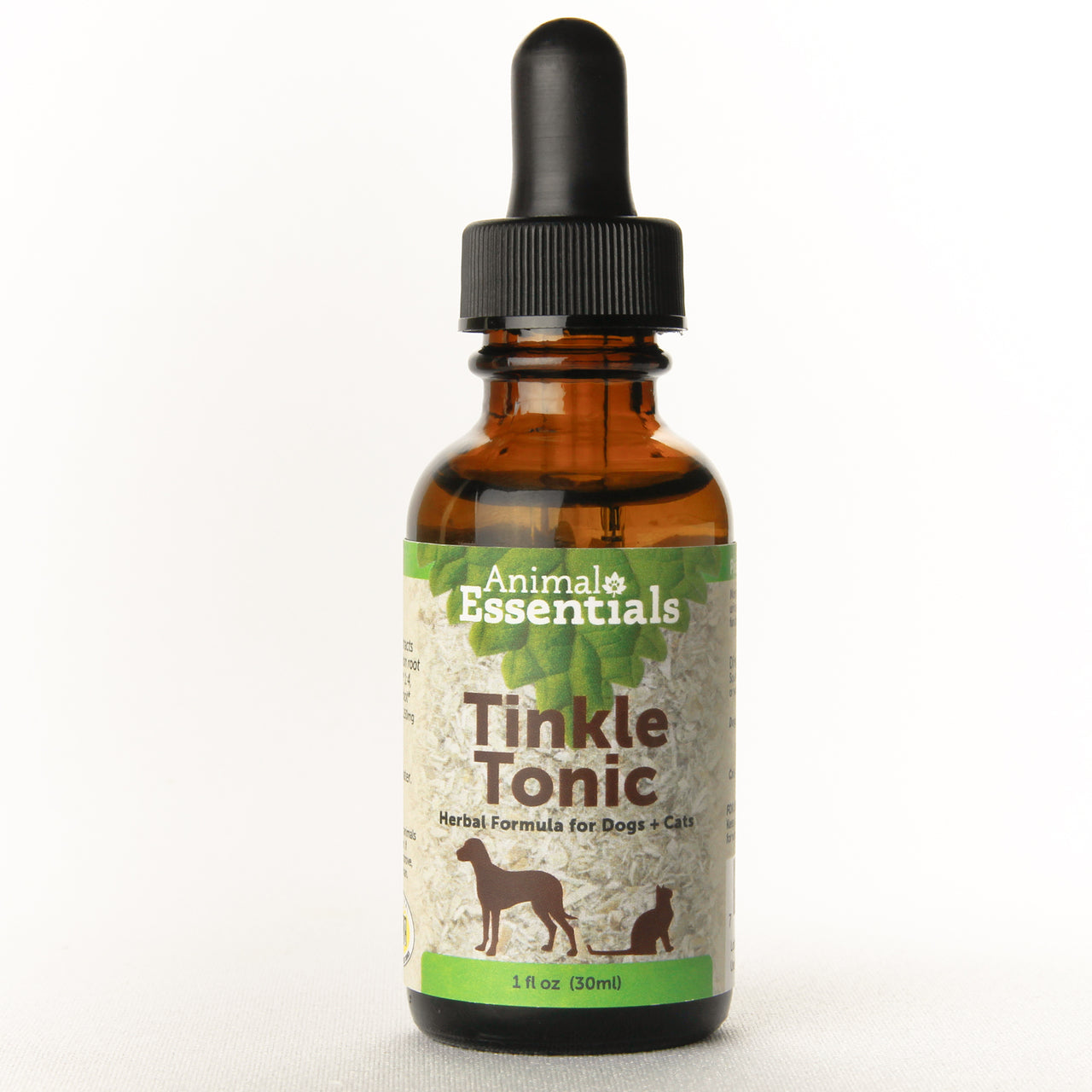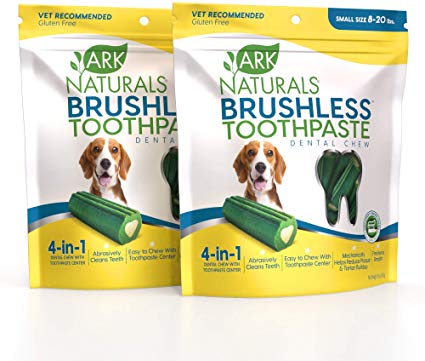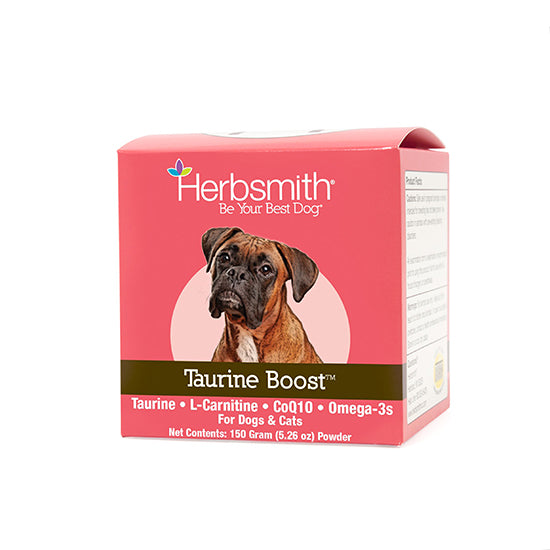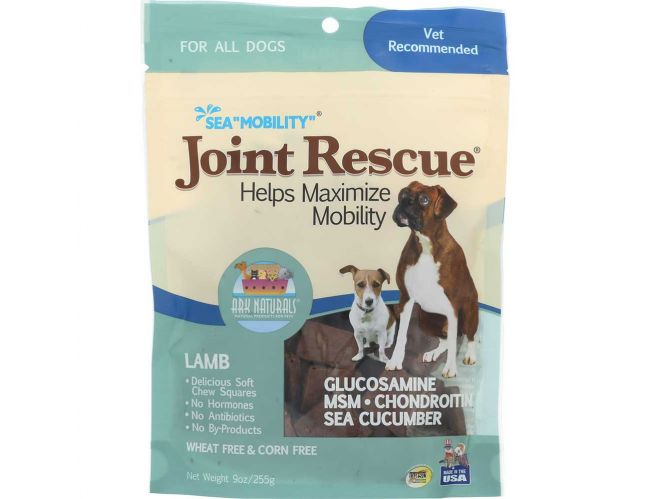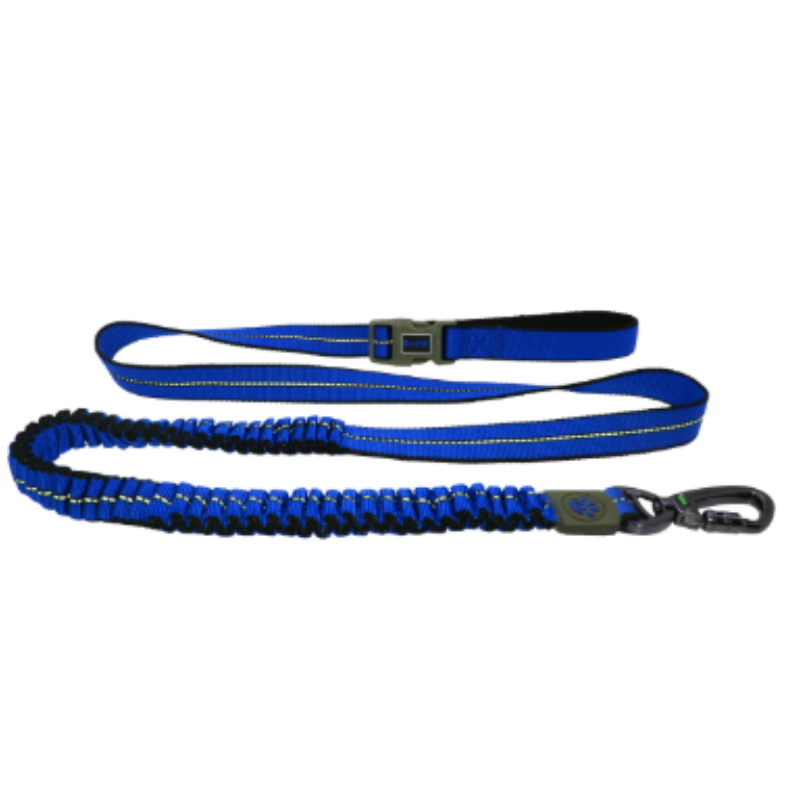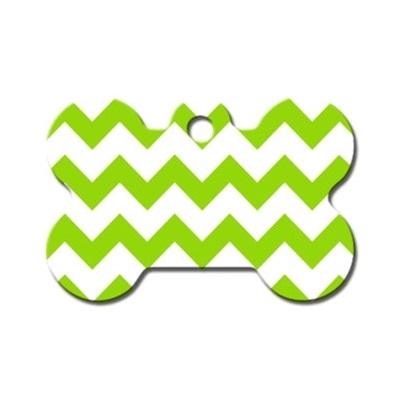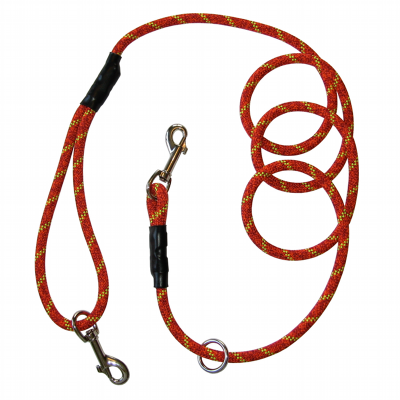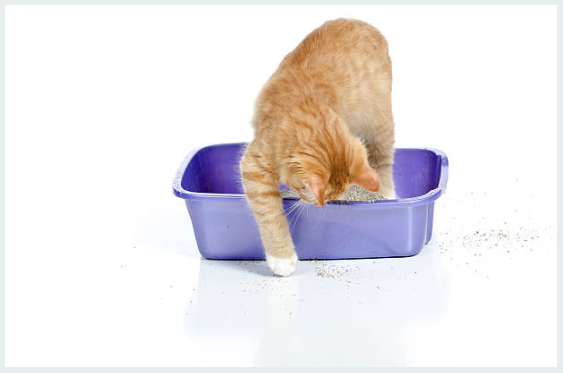NATURAL CANCER SUPPORT FOR DOGS & CATS
Pet guardians fear this diagnosis above all others; not only because the conventional treatments are so perilous, but also because, despite treatment, it is most often fatal. More than 50% of dogs over the age of 10 are diagnosed with cancer every year, and the incidence of cancer in cats and younger animals is growing. As responsible guardians, we need to understand the risk factors that contribute to the development of cancer; do all we can to prevent it; and take effective action when a diagnosis of cancer is made.
Cancer develops due to a variety of factors, many of which we cannot control; such as age, genetics, environmental pollution, and electromagnetic radiation. Other factors include poor nutrition, unhealthy lifestyle, conventional medical treatments (such as vaccination) that can disrupt the immune system, toxic chemicals used in the home, and stress. The stress factor is compounded in many purebred pets by inbreeding, which increases or creates genetic predispositions to poor immune function and disease.
Conventional cancer treatments like radiation, surgery, and chemotherapy may destroy the cancer yet create other problems at the same time. And even the most cutting-edge therapies may only prolong a pet’s life without truly curing the cancer. Quality of life issues also impact the choice of treatments once cancer has invaded.
Recent research suggests that cancer is primarily a chronic inflammatory disease. And indeed, many of the factors involved in the development of cancer do cause chronic, low-grade inflammation. Such inflammation not only kills cells directly, but also deposits toxic inflammatory by-products and other “sludge” in the extracellular matrix that surrounds the cells. This toxic build-up reduces the flow of oxygen, nutrients, and wastes between cells and blood, and creating a fertile environment for abnormal cells that can thrive in such damaged environments. Preventing and resolving inflammation and clearing the matrix are primary goals of any program to prevent or treat cancer.
PREVENTION AND TREATMENT OF CANCER IN PETS: TWO SIDES OF THE SAME COIN
Both prevention and treatment of cancer involve the same components:
- Providing an optimal diet based on fresh, whole foods—most commercial pet foods (especially dry foods) are made with the leftovers and unwanted parts from livestock slaughter and processing, and loaded with additives and preservatives.
- Offering only clean, purified water—this is essential to the body’s ability to resolve inflammation and clean up its waste products.
- Limiting vaccinations—the antibodies produced by vaccines cause inflammation, and every booster perpetuates it.
- Excessive consumption of water
- Reducing indoors air pollution, yard chemicals, and other sources of toxic exposure—this will calm the over-reactivity of the immune system and allow the body to cleanse and heal.
- Minimizing electromagnetic radiation—again, a cause of low-grade, chronic inflammation.
- Using a safe, non-toxic flea control program—most flea products are pesticides that can contribute to the toxic overload of the body and inhibit natural cleansing processes.
- Minimizing stress — it’s well known that stress suppresses the immune system.
- Providing adequate exercise — regular physical activity is a natural immune booster and stress reducer.
Let’s look at the factors we can control in more detail.
THE BEST DIET FOR DOGS & CATS FOR CANCER PREVENTION OR TREATMENT
Any cancer prevention or treatment program begins with diet. Nothing will go farther in promoting health than a balanced, home-prepared diet of fresh, preferably organic, whole foods. When the body is supported with the building blocks needed to maintain healthy cells and repair damaged ones, healing from within can begin.
Many types of cancer cells—particularly lymphoma—utilize glucose from carbohydrates as fuel. Limit the fuel, and the cancer’s growth will also be limited. A low-carbohydrate diet can be very helpful in fighting cancer. Additionally, many cancer cells cannot utilize fat as an energy source; so more and better quality fats in the diet will help combat the weight loss that commonly occurs in cancer patients. Holistic veterinarians frequently recommend a diet that is low-carbohydrate, moderate protein, and moderate to high fat for cancer patients.
The most harmful carbohydrates come from processed grains, fructose-containing fruits, and starchy vegetables such as white potatoes and peas. Dry kibble must contain starch due to processing requirements; in general, dry food should be avoided. Veggies with higher levels of fiber and plenty of antioxidants are better choices.
For dogs, a diet of roughly 50% meat, and 40–50% non-starchy vegetables or whole grains is optimal. Fish oils should be added to provide additional fat; omega 3 fats are best and are abundant in fish oil. For cats, a diet of 80% meat (cats can tolerate fattier meats than dogs) and 20% non-starchy vegetables is recommended, again with fish oil added for additional fat. For both dogs and cats, supplementation with vitamins, minerals, marine-source Omega-3 essential fatty acids, and antioxidants should also be part of the daily diet.
When a home-prepared diet is not possible, try ready-made (frozen) raw food, freeze-dried or dehydrated diets, or a very high-quality low-carbohydrate canned food:
Frozen Raw Food
Freeze Dried Food
Dehydrated Food
High Quality Canned Foods for Dogs
Gently-Cooked Frozen Food
If cooked or processed foods must be used, consider adding fresh, ground, or minced meats, and (for dogs) pureed or steamed non-starchy vegetables. Dark leafy greens, broccoli, and carrots contain antioxidants that are beneficial in fighting cancer.
One other dietary issue needs mentioning, and that is weight management. Overweight pets are at increased risk of many diseases, such as arthritis, diabetes, and heart disease as well as cancer. Food does not equal love; your pet would rather have quality time with you than a big dinner or a few extra treats. Even more importantly, fat doesn’t just sit there quietly; it produces inflammatory mediators that can contribute to tumor formation. Keeping your pet at an ideal weight is an essential part of a healthy lifestyle.
For additional information about the benefits of fresh food and a healthy diet please read our article What You Need to Know About Your Pet’s Food.
"Any cancer prevention or treatment program begins with diet. Nothing will go farther in promoting health than a balanced, home-prepared diet of fresh, preferably organic, whole foods."
WATER & HYDRATION FOR DOGS & CATS
Depending on where you live, the tap water can range from decent to toxic. Distilled water is not suitable for long-term consumption because it pulls minerals from the body; but it can be useful in a short-term detoxification program. Filtered water is best, followed by spring water. However, bottled water can leach toxic chemicals from the plastic into the water. The animal’s water needs to be kept clean and fresh at all times. If your pet is not a great water drinker, try an automatic flowing waterer. Wet foods, including homemade and raw diets, are also an important source of moisture.
VACCINATIONS IN DOGS & CATS
Many holistic veterinarians agree that over-vaccination is a significant contributor to the rising rates of chronic disease and cancer in cats and dogs. Some cancers, such as vaccine-associated sarcomas, are directly caused by killed vaccines (like rabies, feline leukemia, and FIV). Most booster vaccines (other than legally mandated rabies vaccines) are unnecessary for adult pets. If your veterinarian recommends multiple or annual vaccinations, consider finding one who is more aware of the risks. Any animal diagnosed with cancer (or any chronic disease) or is exhibiting signs of a weakened immune system should not be vaccinated at all. For more information about limited vaccination schedules please read our article What You Need to Know About Vaccinations.
INDOOR AIR AND YARD POLLUTION FOR DOGS & CATS
Indoor air pollution has gotten a lot of press lately; it can be even worse than general air pollution from cars and factories. For our companions’ sake, it is important to examine our home and yard care practices. Cleaning chemicals are the first place to look; if the floor or carpet cleaner you use contains toxic chemicals (as most do), and your companion’s nose is continually close to that floor (as most are), then the body must continually detoxify itself. Plug-in air fresheners are popular with some pet owners to help cover up that “pet” smell, but they are a constant source of petrochemicals in the air our companions breath; they should be avoided. Choosing homemade, natural, and green cleaning products can go a long way to limiting the toxins your companion takes in. We carry several excellent products for non-toxic stain and odor removal.
Yards and other green spaces are another area of toxic exposure to our companions. Chemical fertilizers, pesticides, herbicides, and similar products around the home should be eliminated. There are abundant non-toxic alternatives available today.
ELECTROMAGNETIC RADIATION FOR DOGS & CATS
Recent research suggests a fascinating connection between electromagnetic radiation and cellular changes that can lead to cancer. Sources of electromagnetic radiation include sunlight, cell phone and broadcasting towers, underground and above ground power cables (ambient sources outside our control); but also home wiring, electrical cords and outlets, microwave ovens, appliances, cordless and cellular phones, computer monitors, and televisions. This is especially relevant for cats, who love to curl up in warm places, like the top of the TV or computer monitor. Keep your companion’s bed as far away from electrical components as possible. At night, make sure all electronics are turned off. This is important not just for the radiation, but also light. Even the tiny glow from power indicators can be disruptive to sleep, and inhibit the body’s healing cycles.
NATURAL FLEA CONTROL FOR DOGS & CATS
Flea management is an essential part of health, but conventional spot-on flea control products that you find at grocery stores and most pet stores are heavy-duty pesticides. These poisons absorb through the skin permeate the animal’s system; while a portion of them are eliminated in the urine and the feces, some components may not be cleared and can contribute to the toxic sludge build-up in the extracellular matrix. Tablets given by mouth are no better. A recent report from the U.S. Environmental Protection Agency makes it clear that every conventional pesticide-based flea product can cause illness and even death in pets; in response, the agency is encouraging more truthful labeling, but it is not requiring safer products.
There are many natural flea control products that offer effective non-toxic alternatives to chemical pesticides. They take slightly more effort than putting occasionally a few drops on your companion’s skin, but they are well worth it for the long-term health of your friend. For more information, please see: The Natural Approach to Flea Control.
"Of course, both cats and dogs are acutely aware of the stress levels of their human companions—the more stressed you and other family members are, the more your cat or dog feels, absorbs, and manifests that stress—whether by acting out behaviorally or internalizing it as illness or cancer."
STRESS & ANXIETY FOR DOGS & CATS
You may look at the cat sprawled in a patch of sunlight on the sofa, or the dog curled up at your feet, and wonder, “What stress?” Yet our furry companions can and do experience stress as much or more than we do. For instance, dogs with separation anxiety live in extreme stress for a good portion of every day their guardian is away at work or school. Cats in multiple-cat households are frequently stressed over too-small territories (adding cat furniture and other vertical space can be very helpful).
Of course, both cats and dogs are acutely aware of the stress levels of their human companions—the more stressed you and other family members are, the more your cat or dog feels, absorbs, and manifests that stress—whether by acting out behaviorally or internalizing it as illness or cancer. Managing our own stress may be the most important step we can take to improve our pets’ well-being.
For dogs, one of the best ways to reduce their stress is proper training. EVERY puppy should go through a “puppy class” at the very least. Even when you adopt an older dog, both you and the dog can benefit from a consultation with a good trainer or behaviorist. These professionals help you interpret the dog’s behavior and teach you how to communicate in ways that your dog can understand. A well-trained dog is a secure dog—and a much safer one as well.
Cats are not as easily trained (although it’s not impossible, and it can be very helpful for active breeds like Orientals and Bengals). But you can reduce their stress in other holistic ways, such as energy therapies, Tellington Ttouch, massage, and flower essences.
“Indoor enrichment” can be helpful for both dogs and cats to reduce mental and emotional stress. This may include: food-dispensing toys; sensory enrichment (such as a window perch for bird-watching, pet-directed videos, and cat furniture for climbing); and novel objects (like cardboard boxes or paper bags).
EXERCISE FOR DOGS & CATS
You need it, and your pet needs it. Exercise is one of the best ways to combat stress, and is also crucial for the health of the mind and body—human, dog, or cat. In their natural state, canids and felids roam large territories and hunt for a living. The more we can mimic this natural lifestyle, the better.
Play is wonderful, because it provides both exercise and the joy of fun and laughter (on your part!). There is truly nothing more hilarious than the antics of a cat chasing a laser beam or feathers on a pole or string. Cats need exercise as much as dogs do, and regular play sessions are the ideal way to accomplish it. Or, try a kitty harness and go for walks. Introduce this activity gradually to increase the chance of acceptance.
Dogs are a bit easier to exercise; a brisk walk can do you both good. A play date with another dog or a romp at the dog park can be great exercise as well as mental stimulation and stress relief. If your dog is a firm believer in staying home, then play fetch in the house, or find some other way to provide exercise every day.
Physical activity is vital for pets for weight control, digestive health, detoxification, immune health, muscle tone, respiratory health, and mental and emotional stability.
TREATING CANCER IN DOGS & CATS
A diagnosis of cancer in your beloved companion requires many difficult choices. You will surely forget to ask many important questions when you first hear the dreaded word, so schedule a follow-up visit with your veterinarian to discuss the issues that are likely to arise. Try not to make any profound decisions until you have a chance to educate yourself about all the options available—both conventional and alternative. Ask for a referral to an oncologist who can answer questions about conventional treatment methods. Find a holistic veterinarian, either in your area or one who will provide phone consultations, regarding alternative cancer treatments. Cancer is serious business, and an integrative team approach is best.
Offer the chance for a better quality of life, even if it cannot cure the cancer. Holistic care aims to provide the animal with the resources its body needs to heal from within. Every case is different. There is no one way to treat any type of cancer, although the above suggestions can help no matter what type of cancer the animal has. There are also some basic immune-boosting, anti-inflammatory, cancer-fighting nutritional supplements that can help in many cases.
Diet, of course, is fundamental. You can give supplements all day long, but if the basic diet is “junk food,” you’re just throwing good money after bad, and needlessly stressing your pet.
HOLISTIC SUPPLEMENTS FOR DOGS & CATS TO SUPPORT CANCER:
Digestive enzymes - they help fight inflammation, as well as help the digestive system break down and more easily absorb the urgently needed nutrients in the food.
Omega-3 Fatty Acids - (from marine sources) these are some of nature’s most potent anti-inflammatories. These fats are crucial for immune and nervous system function, and are necessary for rebuilding cell membranes.
Antioxidants - prevent oxidative damage (which promotes ongoing inflammation) and increase immune function. They help prevent cell and tissue injury by scavenging and destroying free radicals and playing an important role in cancer prevention and control. Vitamins A, C, and E are the best-known antioxidants. Other powerful antioxidants include green tea extract, co-enzyme Q10 (which reduces free radical production at the source), N-acetylcysteine, proanthocyanidins, flavonoids, carotenoids, and quercetin. Curcumin, from the Indian spice turmeric, warrants special mention, as it also inhibits tumor growth and metastasis and tends to reduce the side effects of chemotherapy. However, some oncologists recommend against antioxidants for pets receiving conventional therapies such as radiation or chemotherapy, so check with your veterinarian before supplementing with antioxidants.
Medicinal mushrooms - are an important part of Traditional Chinese Medicine, and contain powerful immune-modulating compounds such as beta-glucans. Many holistic practitioners incorporate them into their cancer protocols.
Herbs- many herbs are renowned for their cleansing, tonic, anti-tumor, or anti-cancer effects. Herbs can be extremely powerful, and with power comes potential toxicity, so work with your veterinarian to ensure safe use.
Homeopathy - Constitutional homeopathy is often very helpful in treating cancer. I use homeopathy for almost all cancer patients. Some homeopaths claim they can cure some cancers with homeopathy alone. Considering there are no side effects and it is very easy to administer, it should be a part of any cancer-fighting regimen. Treatment is very specific to each individual and must be guided by a veterinarian trained in homeopathy. You can locate one through the Academy of Veterinary Homeopathy.
Acupuncture/Traditional Chinese Medicine - acupuncture is very helpful for pain relief in cancer patients. It can stimulate the immune system and assist in promoting detoxification as well. Chinese herbs are also used for cellular health. For a list of practitioners in your area, see the American Holistic Veterinary Medical Association referral directory or the International Veterinary Acupuncture Society.
While cancer is a frightening diagnosis, there is much that can be done to improve the quality of your companion’s life and potentially extend the amount of time you have with him or her. Keep in mind that it is crucial to remain as optimistic as possible. A positive attitude is not Pollyanna, it is completely practical. Remember, your companion senses your stress. All of the therapies discussed will go farther when administered with large doses of love and affection.



